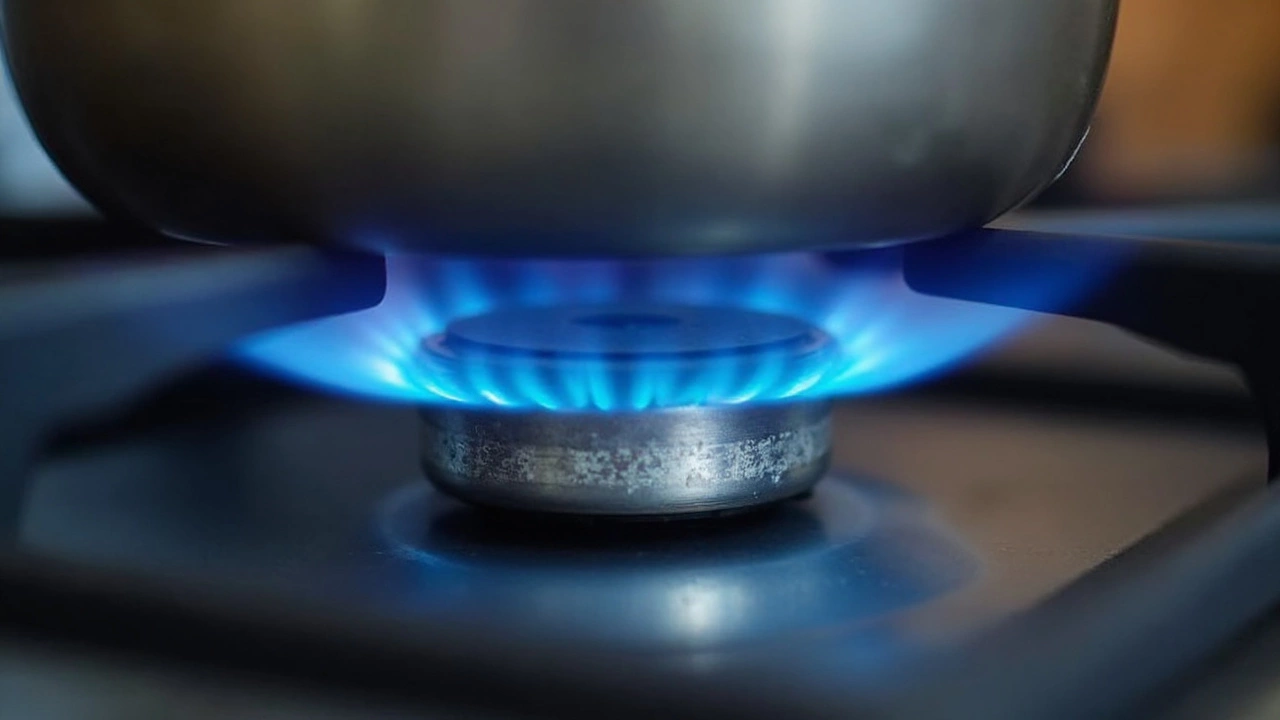UK Inflation Soars: Energy Price Cap and Household Bills Lead the Charge
April 2025 wasn’t kind to UK households. Official numbers show the UK inflation rate leapt to 3.5%—catching both markets and families off guard. It’s a jump from 2.6% just one month earlier and the steepest annual rise seen since January 2024. The culprit? Not unchecked spending or global supply chain woes, but rather the direct impact of regulated price rises—most notably, the new Ofgem energy price cap.
From the start of April, the average UK household saw their dual-fuel bill rise by £111 per year, peaking at £1,849. That’s not the kind of news welcome after months of cost-of-living anxiety. Gas prices escalated more rapidly than many feared, climbing 7.5% in a single month. Electricity didn’t lag far behind, rising by 2.9% month-on-month. These spikes marked a dramatic reversal from last year, when energy prices were falling steadily.
These energy shocks filtered fast into the Consumer Prices Index (CPI), reversing previous declines and pushing overall inflation up. Meanwhile, core inflation—an indicator that strips out more volatile energy, food, tobacco, and alcohol prices—was hardly cooling itself. In fact, it was heating up, reaching 3.8%, a level not seen for a year.
Wider Price Pressures: Services, Food, and New Vehicle Costs
Energy bills might make the headlines, but they weren’t the only reason inflation was running hot. Services inflation—which covers everything from haircuts to hospitality—jumped to 5.4%, up from 4.7% in the previous month. It’s an uncomfortable signal for anyone hoping for calmer price rises in everyday life like childcare, rent, or streaming services.
The transport sector also added fuel to the fire. Annual transport costs increased by 3.3%. One factor: new Vehicle Excise Duty now applies to electric vehicles—a sudden change after years of incentives. Motorists who thought they were escaping new costs with an EV got a nasty surprise as the government adjusted its tax policies. Throw in rising food and beverage prices—meat, bread, and other staples were up 3.4% over the year—and the monthly shop became more expensive for nearly every family.
The markets didn’t stay calm, either. Gilt yields, which reflect the government’s borrowing costs, spiked on the news. The pound saw a jittery ride as traders tried to figure out what the Bank of England would do next. With these latest inflation figures, hopes for an imminent interest rate cut all but vanished. The Bank’s policymakers face tough decisions as inflation proves stickier than expected, with every family feeling it the next time they open an energy bill or do a weekly shop.
